Dzuleke Ecotourism – Travel Offbeat and Rural Nagaland
As I sat cuddled on the chair wrapped in a traditional Naga shawl in one of the Dzuleke Village homestay, my eyes adjusted to the far away cabbage farms set in the middle of a sprawling rainforest. The smoke from the chimney disappeared into the sky; the crickets chirped louder, clouds floated partially hiding the hills and my empty thoughts started to take shape in form of emotions.
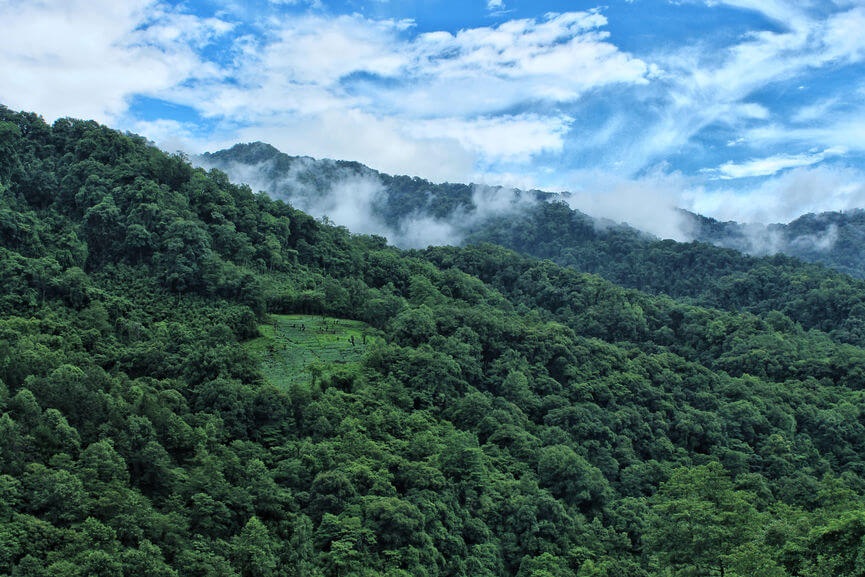
“What else could be more soothing to mind and eyes than this?” – My inner conscious questioned time again. Dzuleke is a small village tucked in the remote hills of Nagaland, home to only 32 houses and works on eco-tourism. With no mobile connectivity and internet, nature is the only thing to feed your soul. The pristine river roars hidden in the forest canopy, wild flowers line the quiet street, and bright vivid flowers adorn the rustic patio of every house. The gentle breeze softly whispers through the balmy afternoon, paddy fields reflect out a tempting shade of green and happiness vibrates through every corner.
PIN THE POST TO READ LATER
Table of Contents
Dzuleke – A Picturesque Angami Village
The picturesque village of Dzuleke is surrounded by lush green rainforest, stretched as far as eyes can take you. Home to only 32 houses, nature has bestowed its blessing in abundance and technology is yet to spread its obnoxious venom in the lives of the people. The quaint village is situated roughly 40kms from state capital Kohima and 18kms ahead of Khonoma Village.
Dzüleke is a popular picnic spot for the local people of Nagaland. The river gurgles loud in the monsoons that convert into a narrow stream of crystal clear water, during autumn, with shallow shingles on the bank of the farms and picnic grounds. The sparse population of Dzüleke and their strong bond to ethnic culture gives a perfect insight of rural life.
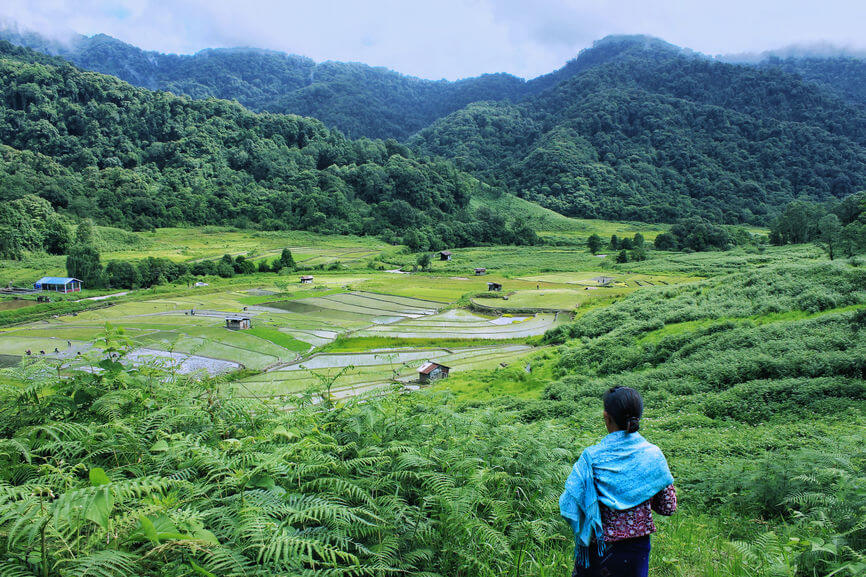
Ecotourism in Dzuleke Village – Managed by DETB & supported by NEIDA and TATA Trust
A lot of people often talk about eco-tourism but what exactly is it – This question crossed my naïve mind numerous times. I was yet to even scratch the surface when I experienced it in its most organized and simplest form. What sets apart Dzüleke is its eco-tourism model and sustainable management, generating livelihood for the villagers though self sufficient means. The village council started the Dzüleke Eco-tourism Board (DETB) to manage tourism but remained inactive due to lack of resources and fund.
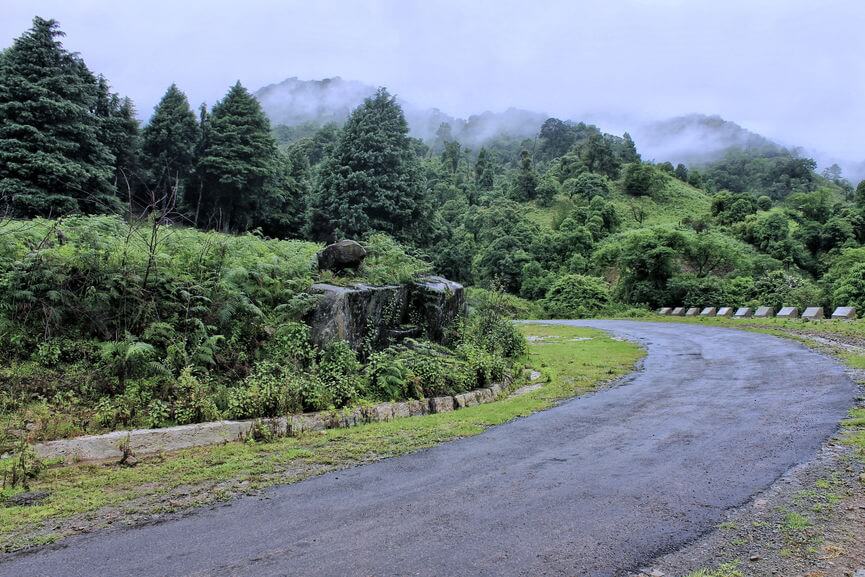
However, things took a different turn when the dormant DETB was given shelter under NEIDA, an organization of TATA Trust. With help of TATA Trust, community based eco-tourism project was initiated in 2014. The eco-tourism of Dzüleke village is now managed by DETB, an initiative promoted and supported by NEIDA(North East Initiative Development Agency) and TATA Trut
NEIDA was registered in Kohima, Nagaland under the Society Registration Act 1860 in the year 2012 and aims at promoting sustainable solutions to the rural population of North-Eastern India. There are many innovative areas that NEIDA focus on and eco-tourism is one of them that help the low income rural households to generate economy and livelihood.
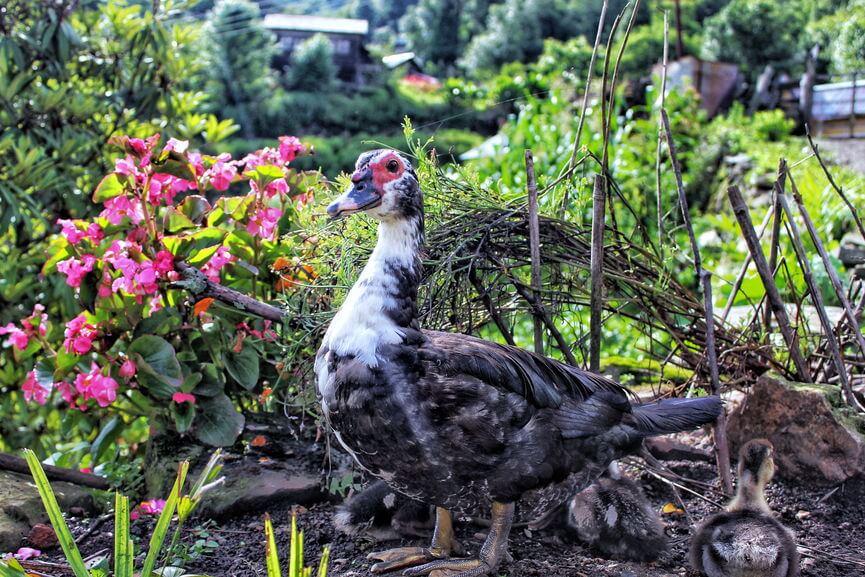
The eco-tourism initiative in Dzüleke has helped in boosting tourism with local people opening their homes for the guests in form of homestay. The training for the homestay owners in hospitality, hosting and management was organized by NEIDA in a local Kohima based hotel. The homestay provide travelers the taste of authentic rural Naga culture per se.
There are 5 homestay that get the opportunity to host turn by turn, a bid for fair opportunity. Currently, there are 4 guides to accompany guests in sight-seeing and trekking, also gets their chance alternately. NEIDA organized basic spoken English classes, cooking classes, sanitation workshop and also trained guides in Kaziranga Wildlife Sanctuary to prepare villagers for eco-tourism.
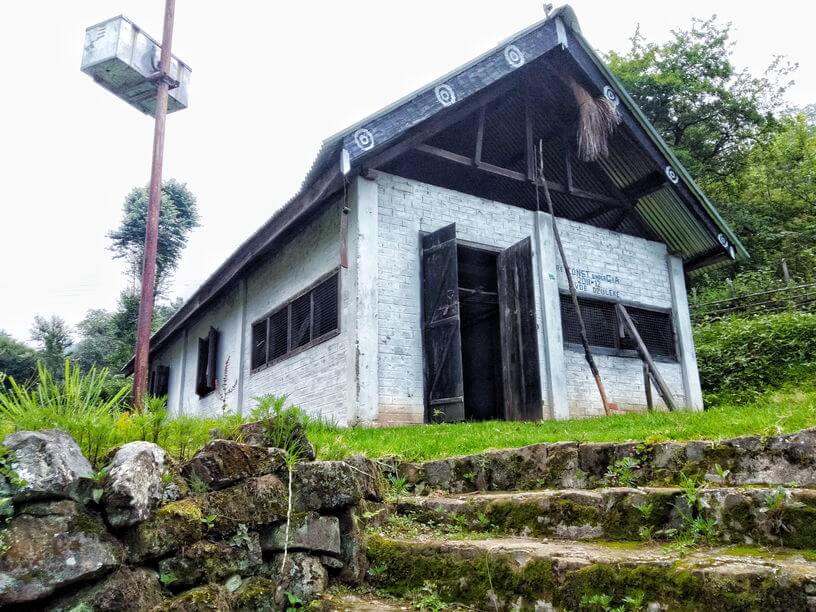
The DETB office and tourist information center is next to the entrance of the village where one needs to register for picnic and pay a nominal price. The office can also help in sorting accommodation, food and booking a guide in case you arrive without any bookings. All the money earned through picnics and visitors goes into maintenance of the village infrastructure.
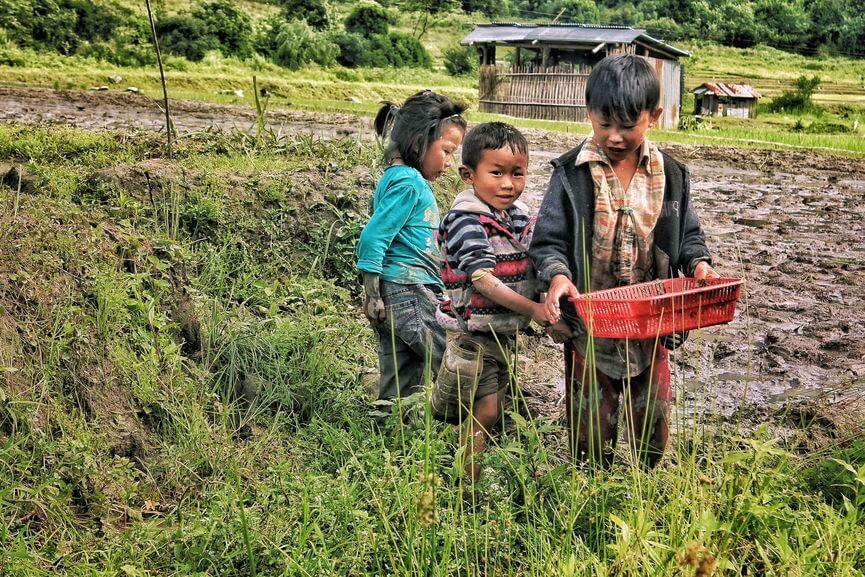
Community and Rural Lifestyle
The village is dominated by Angami Tribe and is a very close knit community of only 32 households. Everyone in the village treat each other like family. Being a Christian community, the village has a Baptist and a Catholic church. There is a primary school for the kids in the village. Most of the villagers earn their livelihood by hosting people at their homestay, guiding tourists around the village and farming. During the month of June, most people work in their paddy fields sowing saplings leading to starting an new arena of agro-tourism.
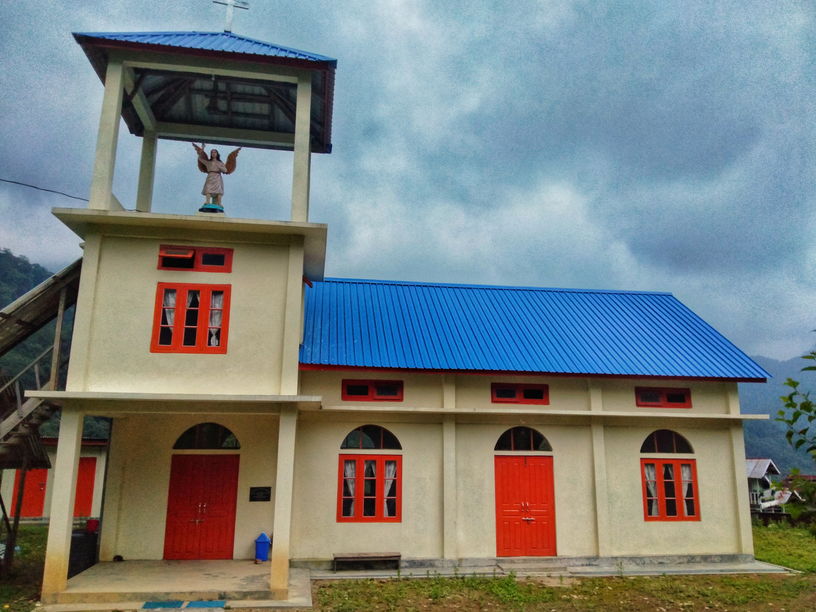
Honesty and trust brims from every corner and what took me aback was a “Self Payment counter” of vegetables en route Dzuleke. There are vegetable shops without a shopkeeper and people honestly pay for what they pick. A locked box is kept with price written on a piece of card board and people buy the vegetables and leave the money in the box, no one steals. Every evening, the shop owner comes back to collect the box and unsold vegetables. It seriously made me wonder – “Is this real world, somewhere honesty and humanity is always alive?”
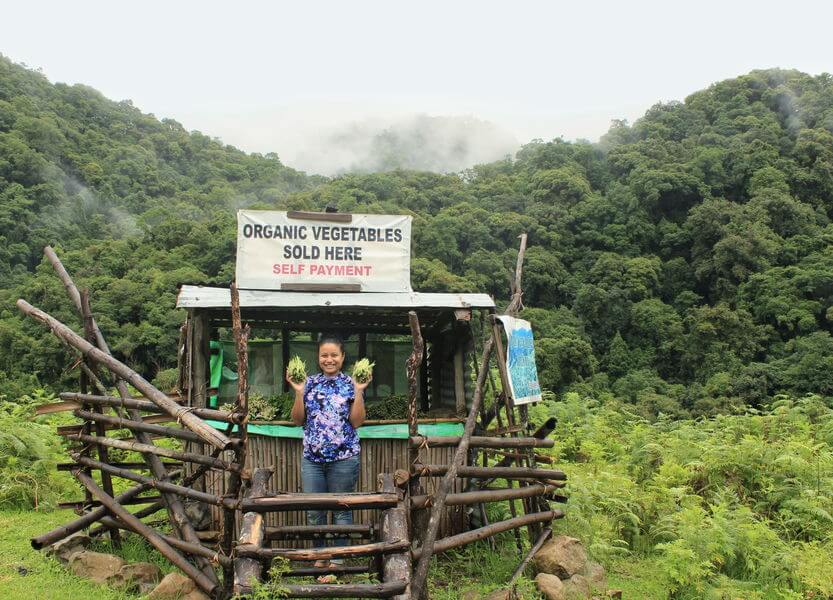
The village works on shared benefits with rotational allotment of homestay and guides. 10% of the income earned via eco-tourism is deposited in the Dzüleke Development Fund, used for development of the community. As told by my guide, every year in the month of April the forms for homestay and guides are renewed, new applicants can apply and this continues for another year. In order to host, homestay must have all the basic but necessary amenities for the guests.
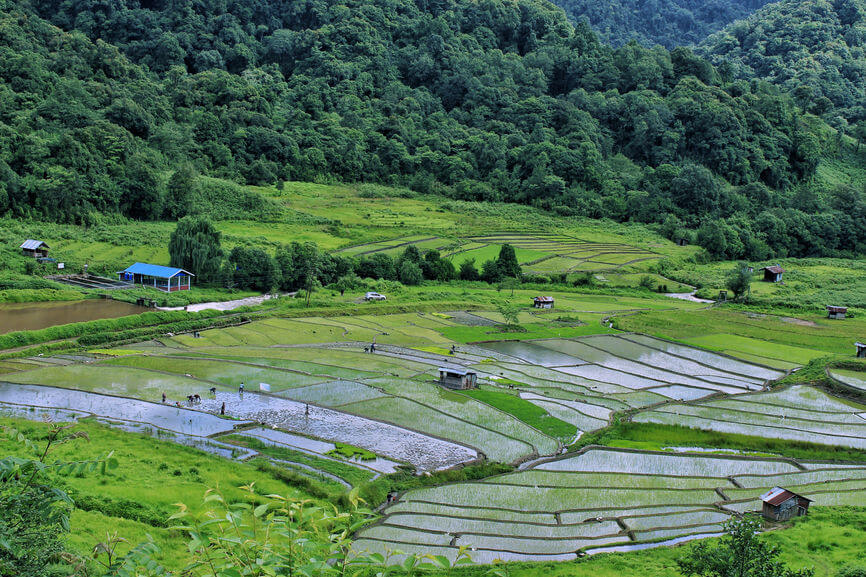
Things to Do and See in Dzuleke
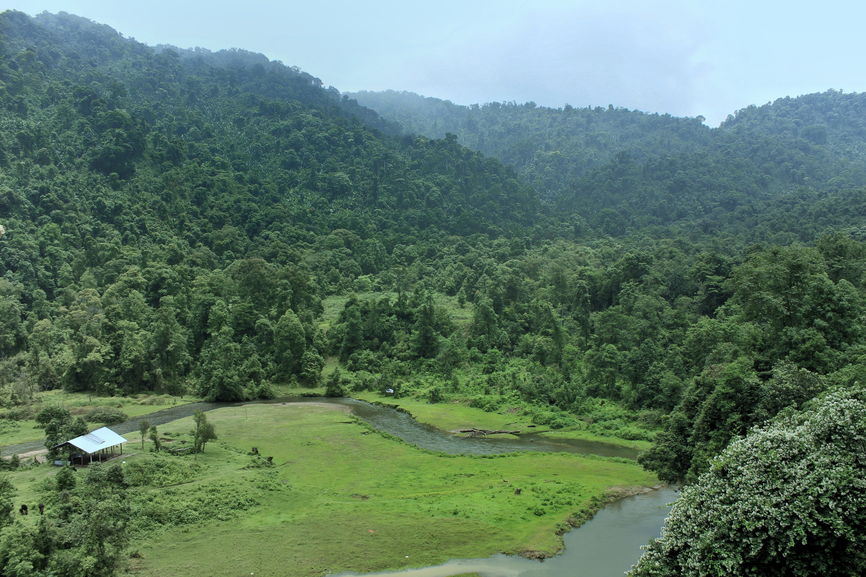
Picnic in the designated spots
Dzuleke is one of the most popular picnic spot visited by local people but there are designated spots only where it is allowed. The picnic grounds are low flat grounds next to the river source allowing visitors to enjoy the sound of nature without intervention of technology. All the visitors are required to register their vehicle and spot for picnic and pay a nominal fee at DETB office, money goes into maintenance and cleanliness. As a guest, you can visit the picnic spot and enjoy some food, but make sure not to litter.
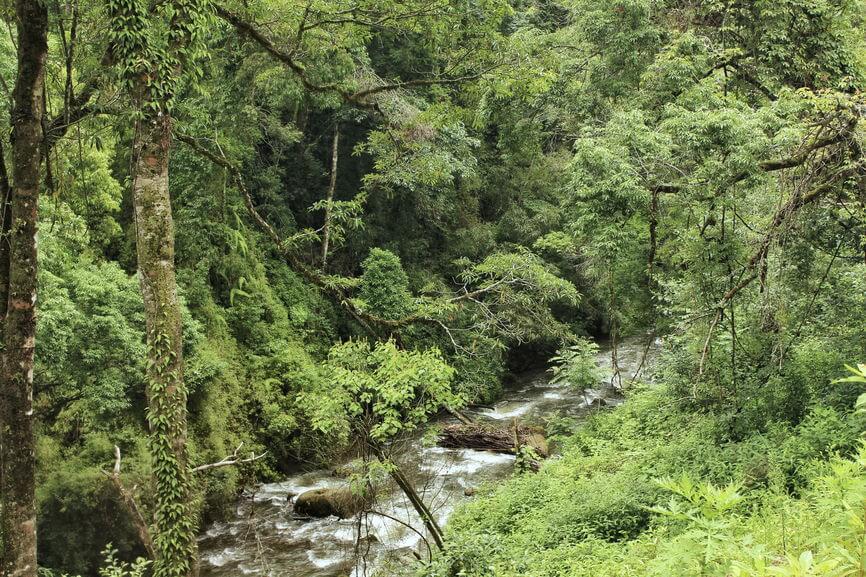
Take a look at the Trout Breeding Center
I met couple of guys in the village who told me about the Trout conservation and breeding center. The breeding center is very small but the new initiative that can help in boosting rural economy. The river is source of rare snow trout and some of the trout fishes are even brought from other states for the experimental breeding project.
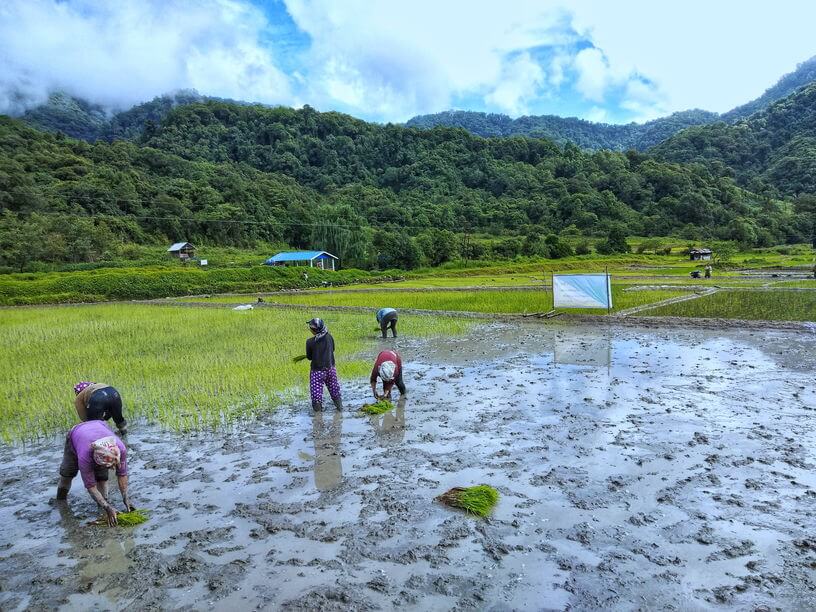
Paddy field walks and Agro-tourism
The terrace paddy fields are not only picturesque but a great way of indulging in agro farming practices and tourism. NEIDA and DETB intend to start agro tourism that will give guests the chance to visit the paddy fields, help in cultivation and visit the farms where the host grows their own vegetables. Be it the cabbage cultivation on shifting farms in middle of forest or kitchen garden, experiential farming tourism can add to the rural experience.
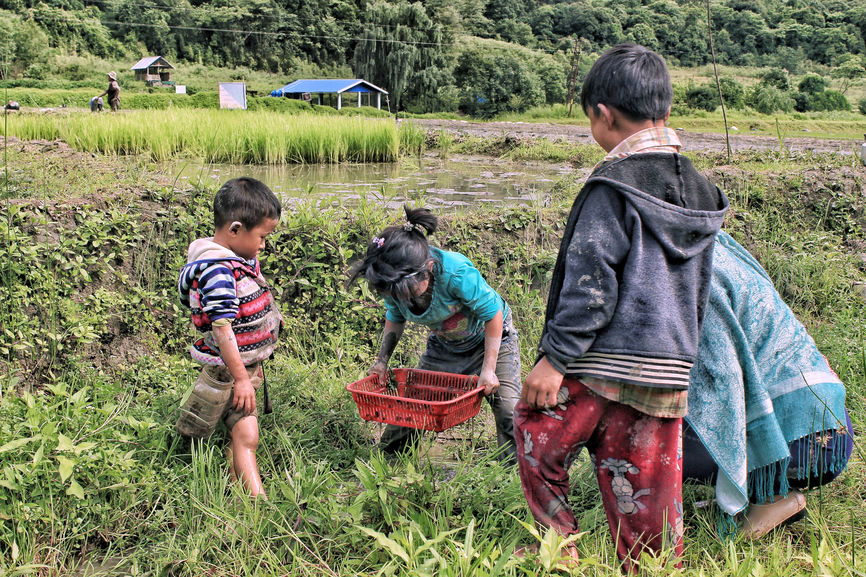
Indulge in some Local Fishing
The local fishes from the river are not only delicious but the activity of fishing helps in building better bonds with the local. I spotted some kids catching small fishes from paddy fields for their meals and it was quite interesting to watch. The paddy fields also become breeding ground for small fishes that swim along the river and reach the farms.
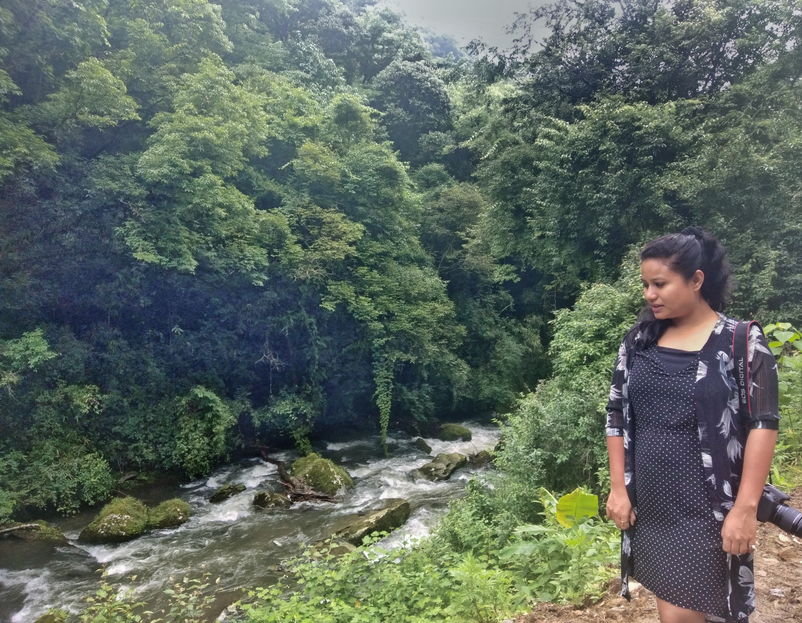
Take a Walk around the Village
The scenic beauty of the village adds to the experience. The village is surrounded by lush green forests, the clouds roll along the sky, the sun peeps through the cloud at times and the gentle breeze makes the walk very soothing. The village walk gives better insight about culture, lifestyle and daily routine of the inhabitants. It is highly recommended to hire a guide for better information.
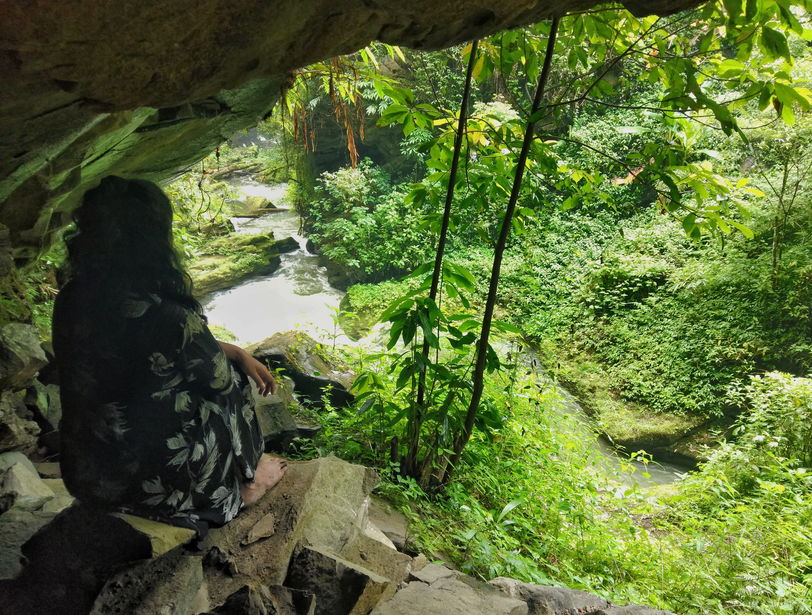
Explore the Gorge in Poilwa Village
Poilwa is the adjacent village that falls in Peren district of Nagaland and is around 7km from starting point of Dzüleke. The walk to the village is through scenic road sandwiched between virgin rainforest with river flowing on one side and small waterfalls captivating eyes time to time. There is a deep gorge named after brave warrior of the village, Kingam. The deep and narrow gorge is called “Kingam Ndau” and is believed that he lost his life by falling in the gorge while defending his village.
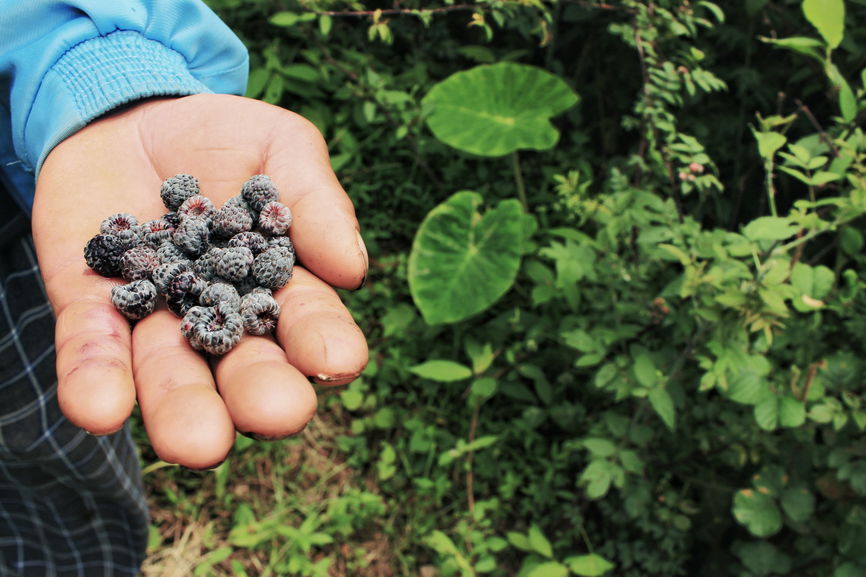
Go out for some wild Berry picking
Depending on the season, the roads are lined with wild berries. The berries are sweet, juicy and it is too much fun picking the berries from the wild. As you walk towards Poilwa village, the roads are full of wild bushes with berries growing on them. The best time for berry picking would be during monsoons when they are ripe and delicious.
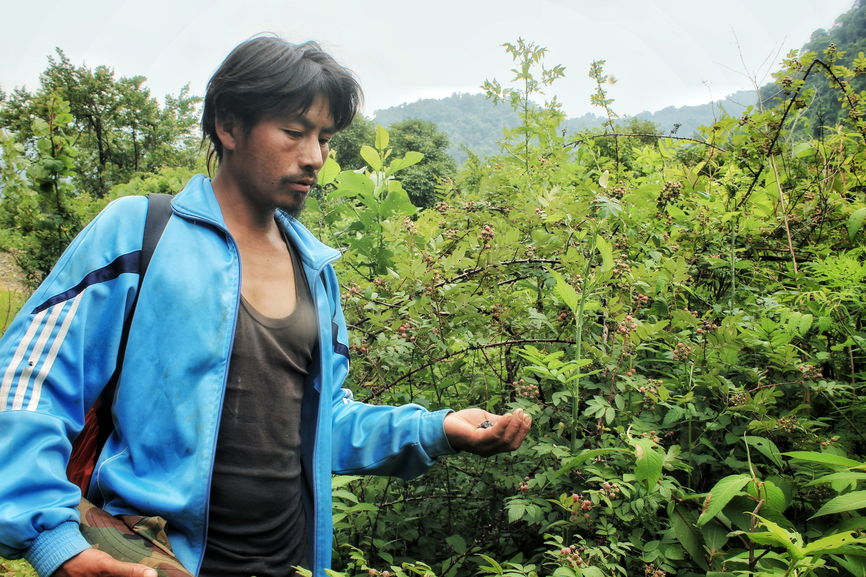
Trekking in the Wild
Unfortunately, I could not go for trekking due to bad weather condition and monsoons, not recommended due to leeches and snakes. However, there are couple of treks that one can enjoy during autumn and winters in the rainforests of the village. The guides are trained and experienced to lead you into the jungles for trekking. Make sure you visit from October to March for best trekking experience.
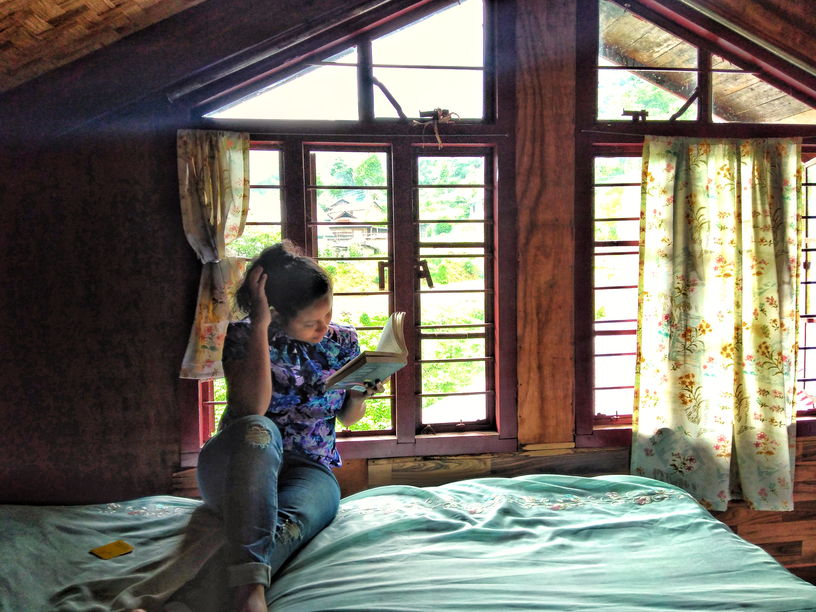
Accommodation in Homestays of Dzuleke
There are 5 homestays in the village and allotment is done on rotational basis so that each of the homestay gets fair opportunity. Unfortunately, you cannot make a booking directly with the homestay owner due to lack of mobile network connectivity. I stayed at Tuseu Homestay run by two lovely sisters – Aunt Tuseu and Aunt Aso. The room is basic but is neat and clean, good bathroom facilities and their hospitality were beyond amazing. The homestay has a small balcony on the first floor that opens to the most scenic view.
The rates are fixed by DTEB, it is Rs 700/- for accommodation per person. For vegetarian meal it is Rs 200/- and non-vegetarian it is Rs 250, breakfast is for Rs 50/-.
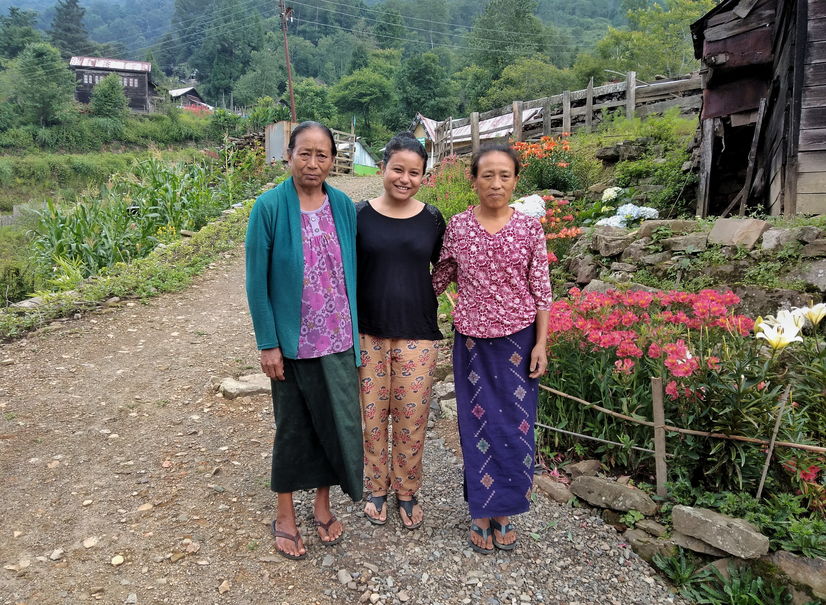
For Homestay booking, contact – +91 9856438929, they will book on your behalf.
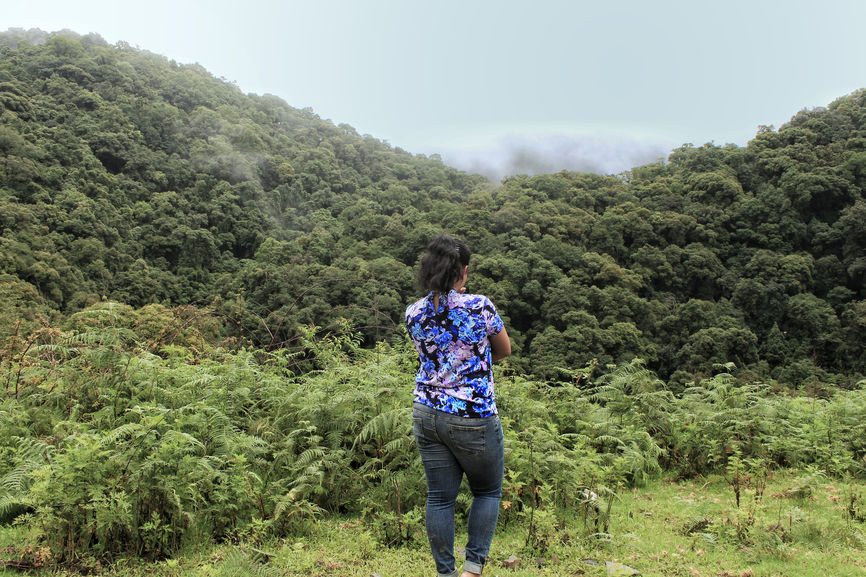
How to Reach Dzüleke Village?
Dzüleke village is around 38kms from Kohima and there is no public transport to it. A one way cab would cost around Rs 1500 to 2000/- from Kohima. I traveled to Dzüleke from Khonoma Village and the cost of one way taxi was Rs 700/-. It can be a little expensive transportation wise and especially if you are in budget but totally worth spending time in the village.
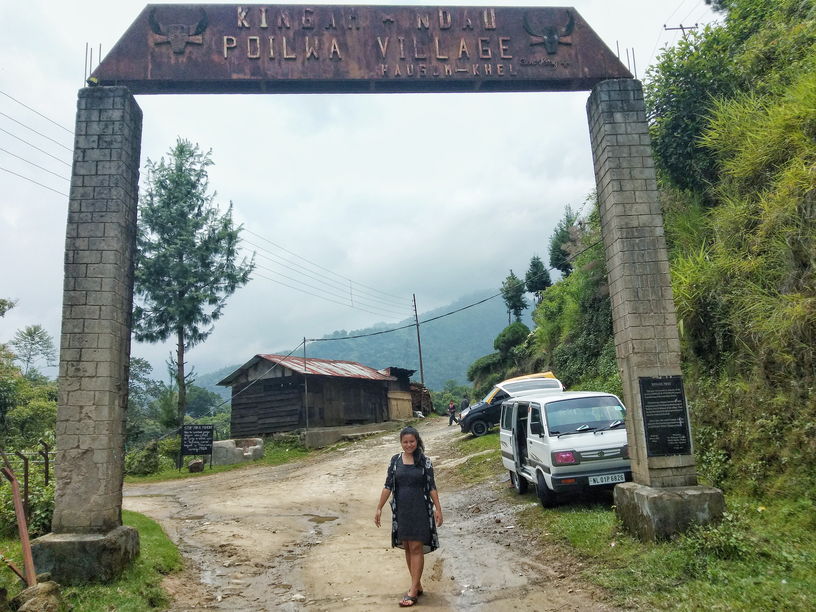
Things to Know Before Visiting the Village
- There is no mobile as well as internet connectivity in the village. The only network that works is BSNL but the signal is very feeble and at times shows no connectivity.
- Please ask for permission before taking picture or video of a person or place, locals might not be comfortable someone clicking them.
- It is compulsory to hire a guide for exploring the village and trekking in the village. Don’t be a miser and help the local people with their economy. The guiding charge is fixed and nominal; contribute to sustainable eco-tourism.
- If you are going for picnic, make sure you register your vehicle and get the permission at the DTEB office. Keep in mind that camping and picnic is only allowed at approved places.
- Do not distribute sweets or give money to the kids, as this might develop begging nature in them.
- If you are visiting especially during monsoons, make sure you have your ponchos and umbrella always handy. The weather is unpredictable. For trekking, do not visit during monsoons and visit from October to March. Carry warm clothes accordingly based on the season.
- There are small flies and bugs, don’t forget to carry insect repellent to keep the insects away.
ENJOYED THE READ? PIN THE POST FOR READING LATER
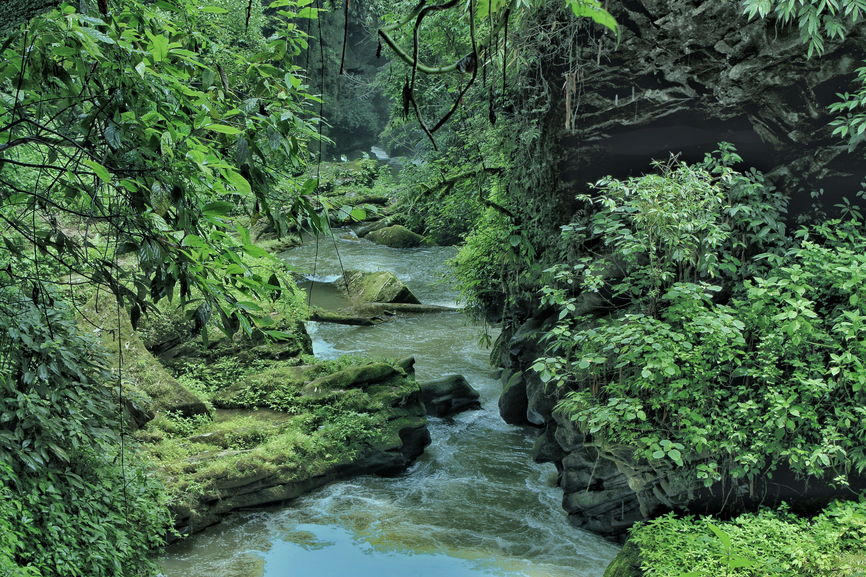
PS : I would like to extend my gratitude and thanks to Mr. Rutho Nyumi, Project Manager, NEIDA for helping me with information about eco-tourism initiatives in Dzuleke Village. You can follow them on their Instagram page.
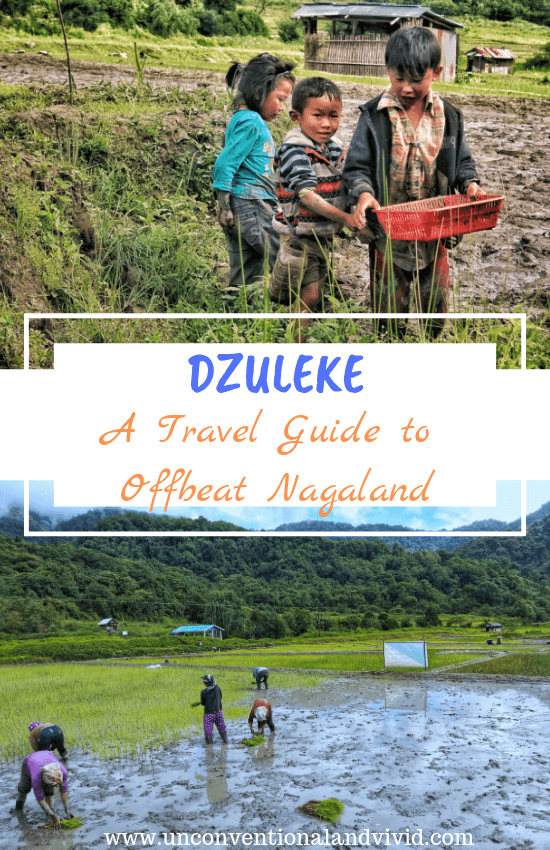
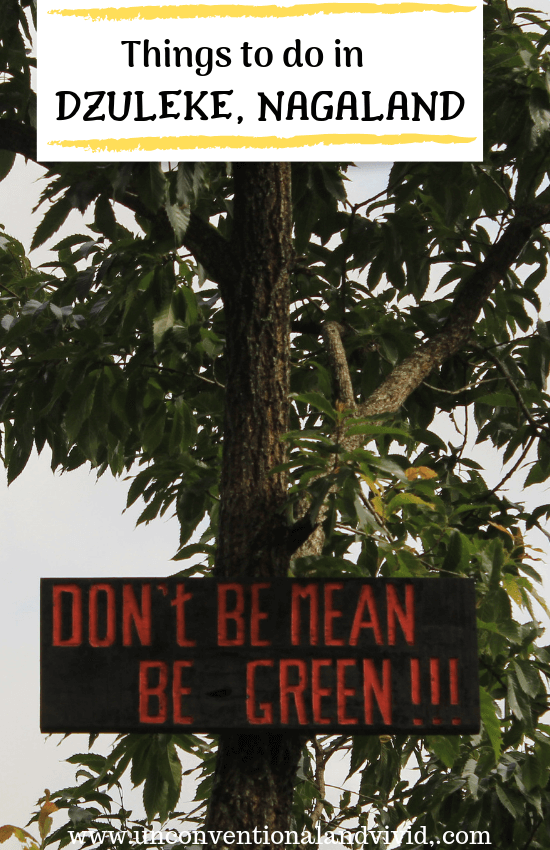
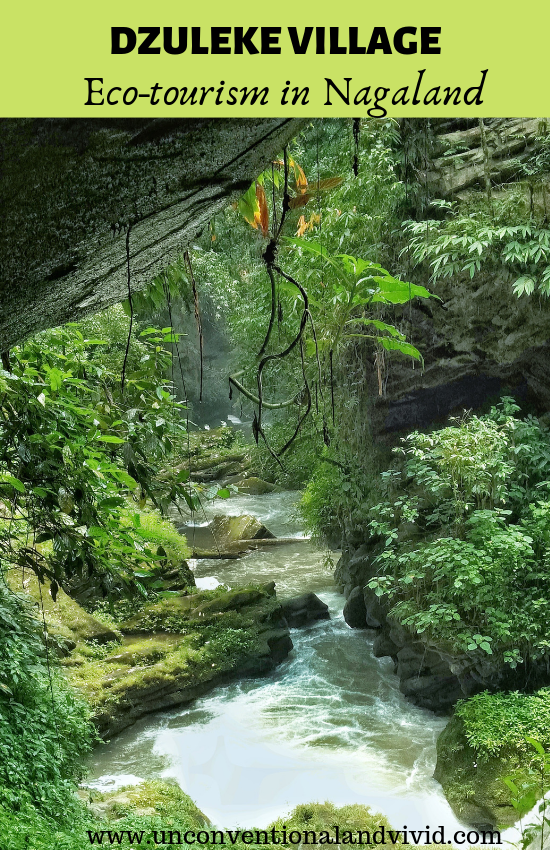
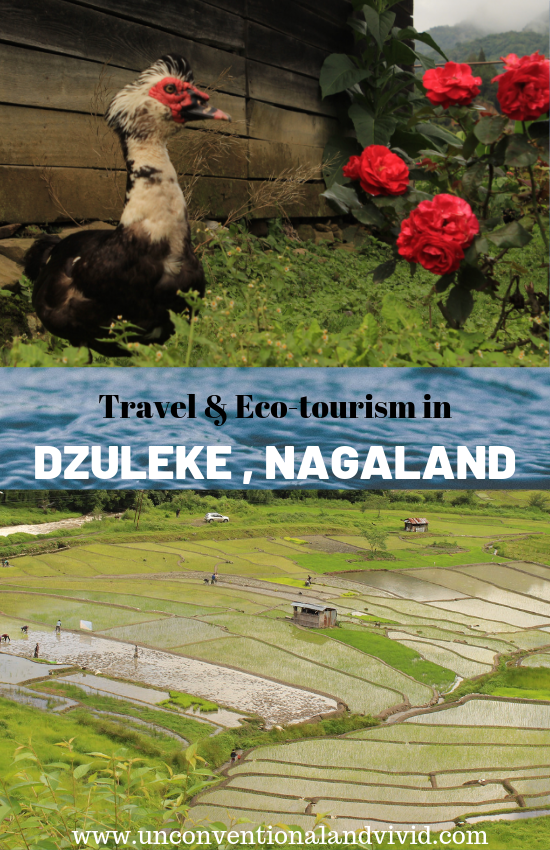

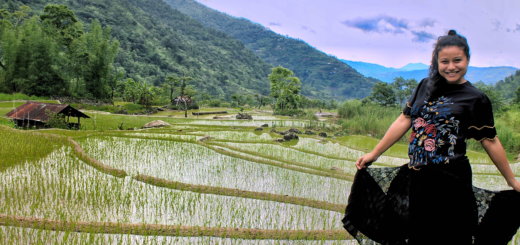

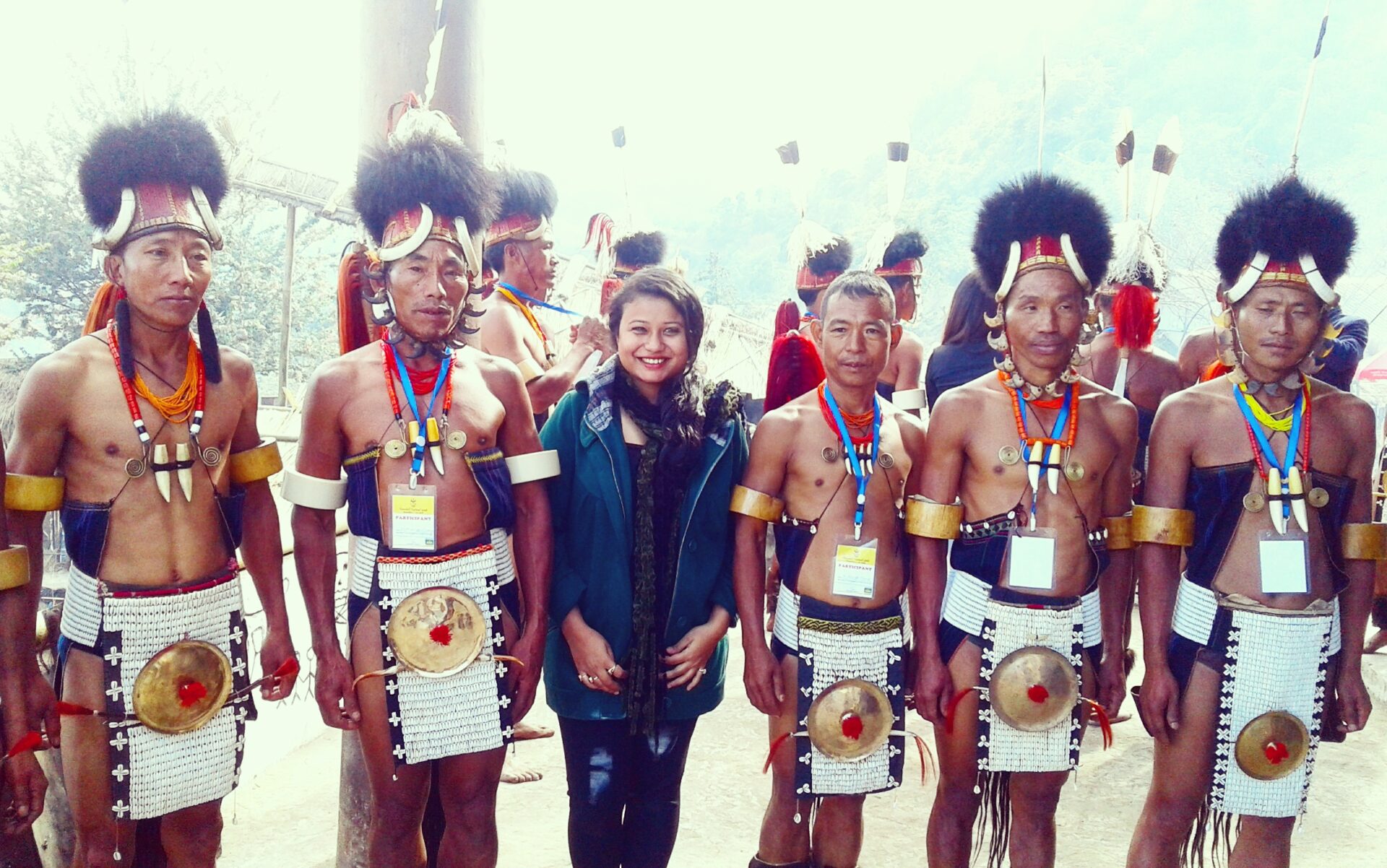
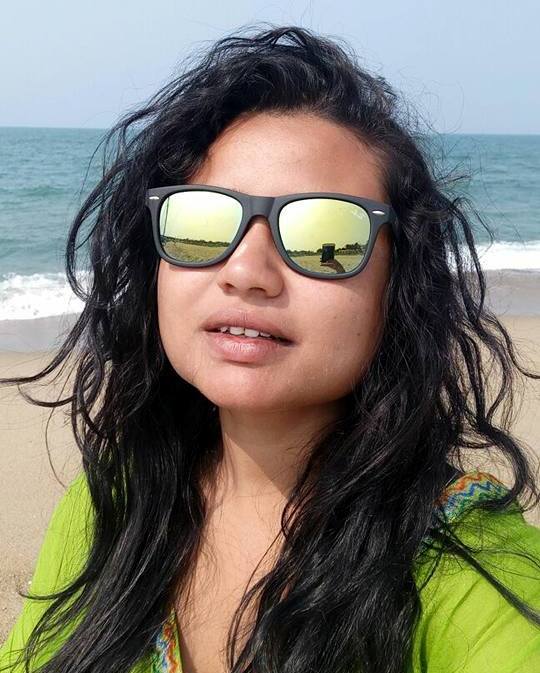
amazing… Covered everything…. I travelled here this month
Thank you so much! Means a lot and glad you liked it